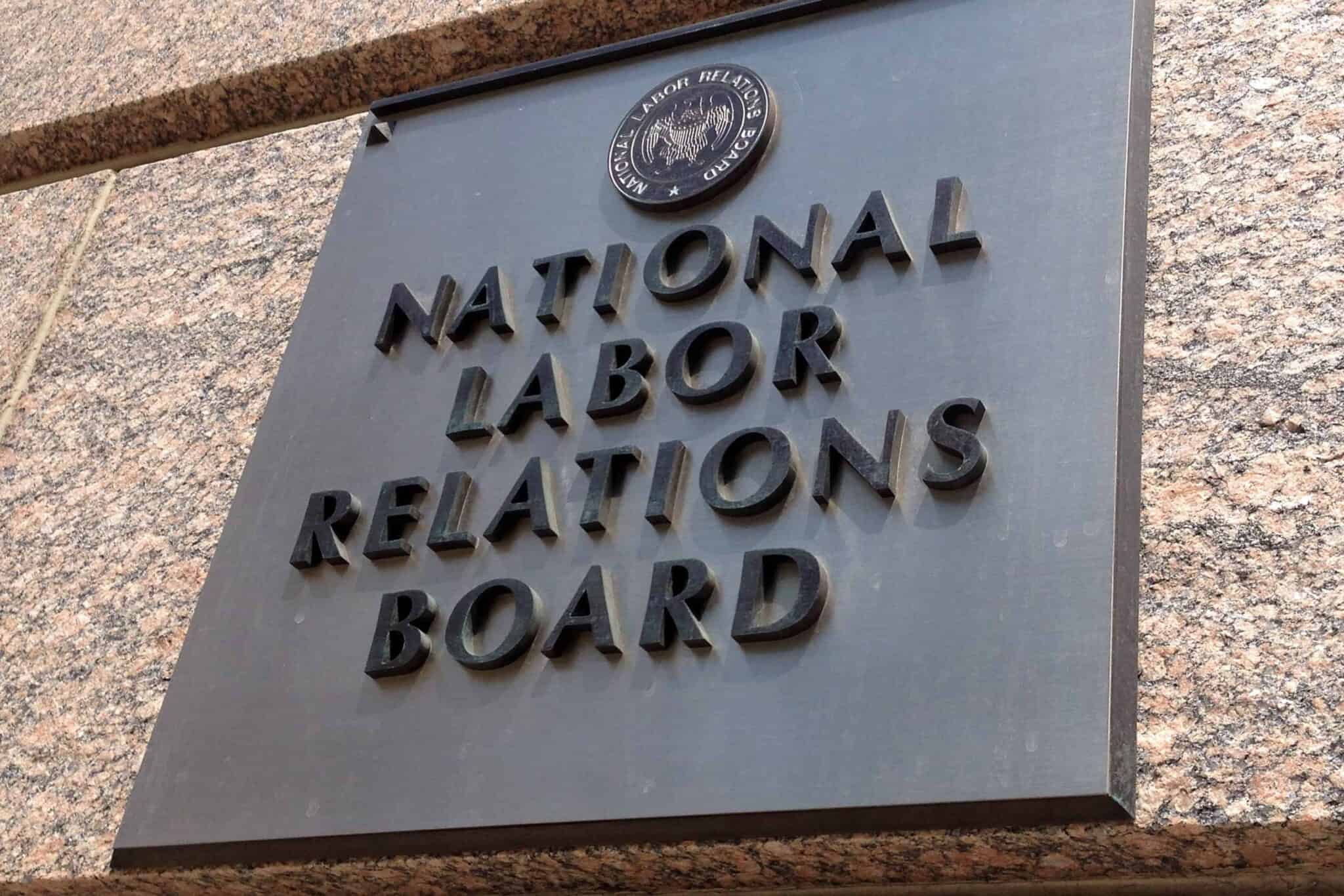Anjali Katta is a student at Harvard Law School.
In today’s news and commentary, a proposed federal labor law overhaul, SCOTUS declines to undo a $22 million FLSA verdict, and a railroad worker’s ADA claim goes to jury trial.
Republican senator Bill Cassidy introduced a broad package of labor reform bills that would overhaul US labor law for the first time in decades. The proposals mainly target the NLRB, union elections, decertifications, and unfair labor practices. Measures include the NLRB Stability Act, which would bind the board to court precedent to curb changes in Board policy during changes in administration, as well as the Workers RESULTS Act, which would redefine bargaining representative to include only representatives selected by a majority in secret ballot elections run by the Board (i.e., not chosen through majority sign up procedures) and in which the “majority” is redefined as “the majority of voters in a secret ballot election in which not less than two-thirds of all employees in the unit vote.” Other bills included policies such as requiring evidence when filing unfair labor practices, disclosing union political spending, and classifying hiring undocumented workers as an unfair labor practice. Major unions, such as the Teamsters, have criticized the effort and have encouraged for focus on alternatives like the bipartisan Faster Labor Contracts Act, which promotes arbitration to decrease the time it takes to reach a collective bargaining agreement.
The Supreme Court declined to hear East Penn Manufacturing’s appeal over how to calculate compensable time for pre- and post-shift tasks under the Fair Labor Standards Act (FLSA), leaving a $22 million dollar verdict intact. The enforcement action against East Penn was filed by the DOL for the company’s non-payment for time spent donning uniforms to work in a hazardous lead-acid battery factory and time spent showering and changing out of the uniform after their shift had concluded. The company argued that the Court should resolve what they describe as a circuit split between the appellate courts and revisit 1956 precedent that stated time spent donning and doffing protective work gear is compensable under FLSA.
A federal judge ruled that a jury must decide whether Union Pacific Railroad violated the Americans with Disabilities Act (ADA) by removing track worker Phil Silos from his job due to hip problems. Union Pacific argued that restrictions Silos’ work related physical activities were justified to prevent falls but the US District Court for the District of Nebraska found no evidence that Silos was unable to perform essential tasks. However, the Court said questions remain about whether Silos was a qualified individual with a disability and if he posed a direct threat to safety that must be answered by a jury. In addition, Silos’ failure-to-accommodate claim was dismissed because he never requested a specific accommodation.






Daily News & Commentary
Start your day with our roundup of the latest labor developments. See all
February 3
In today’s news and commentary, Bloomberg reports on a drop in unionization, Starbucks challenges an NLRB ruling, and a federal judge blocks DHS termination of protections for Haitian migrants. Volatile economic conditions and a shifting political climate drove new union membership sharply lower in 2025, according to a Bloomberg Law report analyzing trends in labor […]
February 2
Amazon announces layoffs; Trump picks BLS commissioner; DOL authorizes supplemental H-2B visas.
February 1
The moratorium blocking the Trump Administration from implementing Reductions in Force (RIFs) against federal workers expires, and workers throughout the country protest to defund ICE.
January 30
Multiple unions endorse a national general strike, and tech companies spend millions on ad campaigns for data centers.
January 29
Texas pauses H-1B hiring; NLRB General Counsel announces new procedures and priorities; Fourth Circuit rejects a teacher's challenge to pronoun policies.
January 28
Over 15,000 New York City nurses continue to strike with support from Mayor Mamdani; a judge grants a preliminary injunction that prevents DHS from ending family reunification parole programs for thousands of family members of U.S. citizens and green-card holders; and decisions in SDNY address whether employees may receive accommodations for telework due to potential exposure to COVID-19 when essential functions cannot be completed at home.